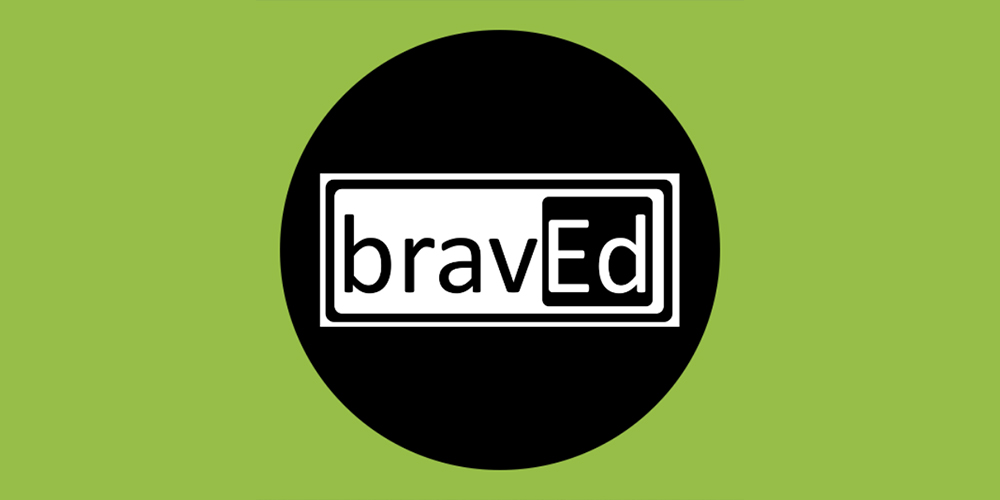Criteria: Author has extensive expertise in assessment and accountability systems; he has facilitated work by state administrator associations and numerous districts across the nation.
Key Takeaway: School leaders seeking to build an accountability system and mindset that benefits students, staff, and community will find this article helpful and encouraging.
Summation and Insights: In this white paper and written in clear, complete, and accessible language, John Tanner provides a powerful paradigm shift from compliance based assessment and accountability systems to a benefits -based system that can drive meaningful organizational growth, student success, and community engagement. Twelve principles are presented with justifications elaborated on for each. The principles are as follow:
1.Is always to stakeholder/student benefits
- Is an engine for meaningful change, not another report.
- Is presented in non-technical, easy to understand language.
- Starts with “what do we want to accomplish?” never, “what do we want to measure?”
- Honors the unique needs of every student and school and is still useful at a policy level.
- Is not reducible to a single mark or grade.
- Offers a thorough and truthful accounting.
- Values human judgments based on evidence.
- Establishes a social contract between a school and the community it serves.
- Drives itself through for what and to whom?
- Demands constant innovation.
- Is based on the hopes and dreams of students, their parents, and the community.
